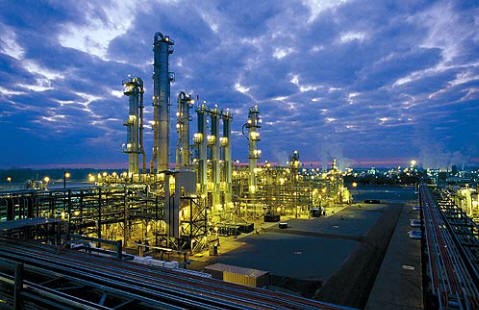|
Course on Resilience of Infrastructures
Lecturers: Aleksandar S. Jovanovic, Cameron A. MacKenzie, Helmut Wenzel
June 24, 2015
Description
Modern society depends more and more on the effective and reliable operations of infrastructure systems (infrastructures), such as those delivering energy, water, sanitation, shelter, information, emergency response and other critical services. These, on the other side, need to be assessed on their resilience in case of large and/or cascading events. Whilst most people fully agree about the importance of resilience, common agreement about the resilience assessment approaches, methods and tools is still an issue.
The course will look at these issues primary from the engineer point of view and, after preparing the overview and information about the state-of-the-art focus on some practical examples highlighting aspects of the practical quantitative assessment of resilience.
|

|